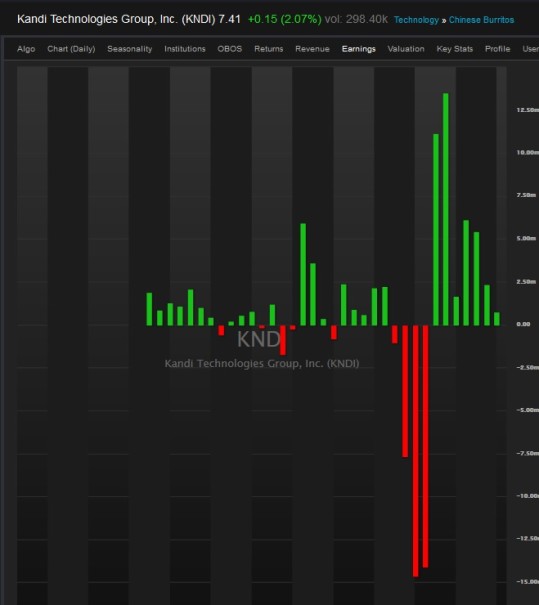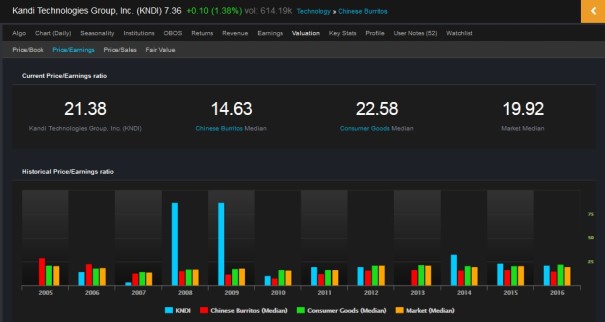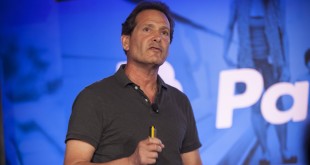You can only aggressively stare are people whilst wearing black turtlenecks for so long before people start wanting results. Regulators want to shut down the Theranos lab and ban founder Elizabeth Holmes for no less than two years.
Federal health regulators have proposed banning Theranos Inc. founder Elizabeth Holmes from the blood-testing business for at least two years after concluding that the company failed to fix what regulators have called major problems at its laboratory in California.
In a letter dated March 18, the Centers for Medicare and Medicaid Services said it plans to revoke the California lab’s federal license and prohibit its owners, including Ms. Holmes and Theranos’s president, Sunny Balwani, from owning or running any other lab for at least two years. That would include the company’s only other lab, located in Arizona.
The two labs generate most of Theranos’s revenue and are at the core of its strategy to revolutionize the blood-testing industry with new technology, user-friendliness and quick results.
The letter hasn’t been released to the public, but a copy was reviewed by The Wall Street Journal.
Under federal law, Theranos had 10 days to give CMS evidence of why the sanctions shouldn’t be imposed. The company has responded, and CMS is reviewing the response, according to a person familiar with the matter.
If the company doesn’t respond to the satisfaction of the regulators, CMS said in the letter that it will proceed to impose the sanctions.
If the sanctions are imposed, some would take effect within eight days. Others would take longer, including revoking the California lab’s license, which could occur in 60 days.
Theranos could appeal to an administrative law judge and then a departmental appeals board, which could delay the effective date of some of the sanctions. If Theranos were to appeal, the lab would keep its license pending the outcome of the appeals process. The proposed ban on Ms. Holmes and Mr. Balwani would take effect at the same time as the lab’s license revocation and would be subject to the same appeals process.
The appeals process could take months, and such appeals have rarely succeeded in the past. A list of appeals decisions on the agency’s website shows that the agency didn’t lose a single such case from 2001 to the end of 2010.
In response to questions from the Journal about the letter, Theranos spokeswoman Brooke Buchanan said the government hasn’t yet imposed sanctions on the company’s lab in Newark, Calif.
“Due to the comprehensive nature of the corrective measures we’ve taken over the past several months, which has been affirmed by several experts, we are hopeful that CMS won’t impose sanctions,” she added. “But if they do, we will work with CMS to address all of their concerns.”
Last week, Theranos announced the recruitment of “nationally respected laboratory and medical experts” to its scientific and medical advisory board. The company said the eight-member panel would “work alongside Theranos’ leadership and internal teams in various areas, including advising Theranos regarding the full integration of its technology into routine clinical practice, and publication and presentation in scientific journals and at scientific meetings.”
Theranos was valued at $9 billion in a funding round in 2014 and the majority stake of Ms. Holmes at more than half that. During the past six months, though, Theranos has faced questions about the proprietary blood-testing devices it invented, code-named Edison, the accuracy of patient test results and its lab practices.
The Journal reported in October that former employees had doubts about the accuracy and reliability of the Edison devices. CMS inspectors found that some tests run on those machines and traditional devices routinely missed Theranos’s own accuracy requirements.
Ms. Buchanan said last month that Theranos “made mistakes in the past in the Newark” lab but has “dedicated every resource to remedy those failures” since becoming aware of the problems.
She also said that most of the deficiencies related to how Theranos used various testing machines, including its Edison devices, not ”the fundamental integrity of the technologies themselves.”
The company’s most urgent challenge is to persuade government officials not to impose the crippling penalties detailed in the 45-page letter. The agency completed an inspection of the California lab in November and found five major categories of infractions that violate the federal law governing clinical labs.
In February, Theranos submitted a correction plan to address the problems, but federal officials concluded it was insufficient, according to the March 18 letter. CMS declined to comment.
The letter detailed six proposed sanctions, including revoking the California lab’s federal license and barring it from the Medicare program. License revocation would result in Ms. Holmes and Mr. Balwani being barred from owning or operating any lab for at least two years, according to the copy reviewed by the Journal.
CMS also proposed to fine Theranos $10,000 a day and said it wants the company to submit the names and addresses of all doctors and patients who used the lab’s services since January 2014.
“This list may be used to advise the laboratory’s clients of the nature of its non-compliance and the nature and effective date of any sanctions imposed against the laboratory,” federal officials wrote in the letter.
The proposed penalties are among the most severe in CMS’s power, said Barbara Cammarata, a lawyer at Sidley Austin LLP who advises clinical labs on regulatory issues. “They’re in a lot of trouble,” she said.
Last year, the agency revoked the licenses of about two dozen clinical labs out of the thousands it oversees across the U.S.
Greg Ingle, chief executive of Clinical Lab Consulting LLC, a firm that audits labs, said it “is incredibly rare to see” the government seek to take away the license of “a highly capitalized, large operation” such as Theranos. Company records showed that the California lab ran about 890,000 tests a year.
Officials found that Theranos failed to adequately correct 43 of 45 deficiencies identified by inspectors last year. The failures included not providing evidence that Theranos sent corrected reports to patients who got flawed test results.
One of those tests, a blood-coagulation test known as prothrombin time, measures how long it takes blood to clot and is often used by doctors to determine which dosage of the blood thinner warfarin to give patients.
Wrong prothrombin time results could cause doctors to prescribe too little or too much warfarin. Too much of the drug, also known by its brand name Coumadin, can cause fatal bleeding, while too little can leave patients vulnerable to clots and strokes, according to medical experts.
Prothrombin time is a hematology test. In January, CMS told Theranos that its hematology-testing practices placed patients in “immediate jeopardy.” In the March 18 letter, the agency said the company’s plan failed to adequately correct those deficient practices.
As a result, the agency proposed to bar Theranos’s lab in California from doing any hematology testing, regardless of whether it appeals the sanctions, according to the letter.
The company has said it doesn’t believe any patients were affected.
The Arizona lab wasn’t part of the inspection and continues to run a variety of tests on samples drawn from patients at 40 Theranos wellness centers at Walgreens Boots Alliance Inc. drugstores.
In addition, CMS said it didn’t find some of the exhibits and tables Theranos referred to in its plan, according to the letter. And Theranos widened the variation ranges it deemed acceptable for certain blood tests without giving the agency any justification for the change, the letter said.
CMS officials usually release sanctions letters to the public soon after sending them to lab owners. With Theranos, the agency has held off because the company requested redactions that it said are necessary to protect its trade secrets, according to people familiar with the matter. The agency hasn’t decided whether to grant the redaction requests, the people said.
Source: John Carreyrou and Christopher Weaver, WSJ












